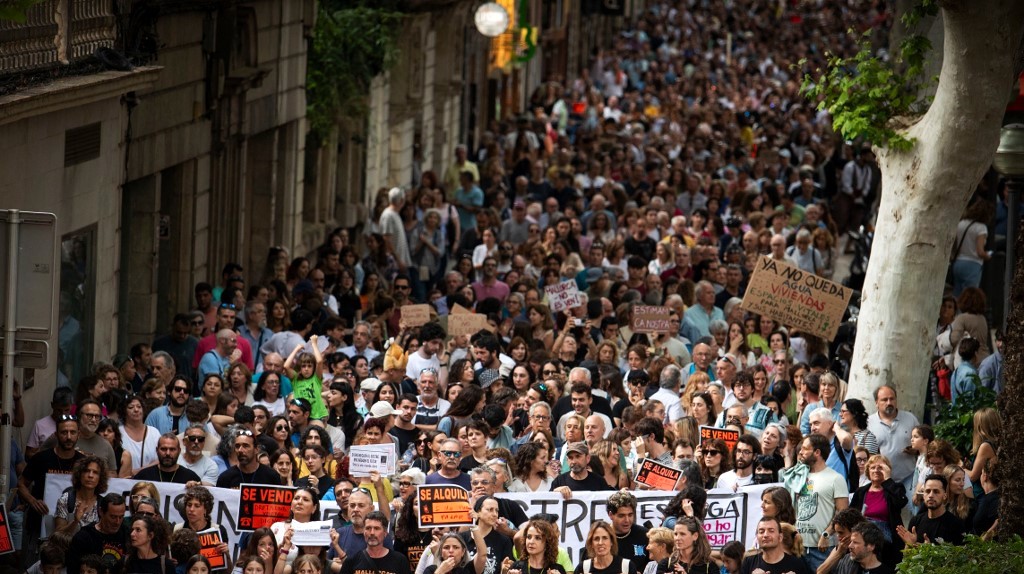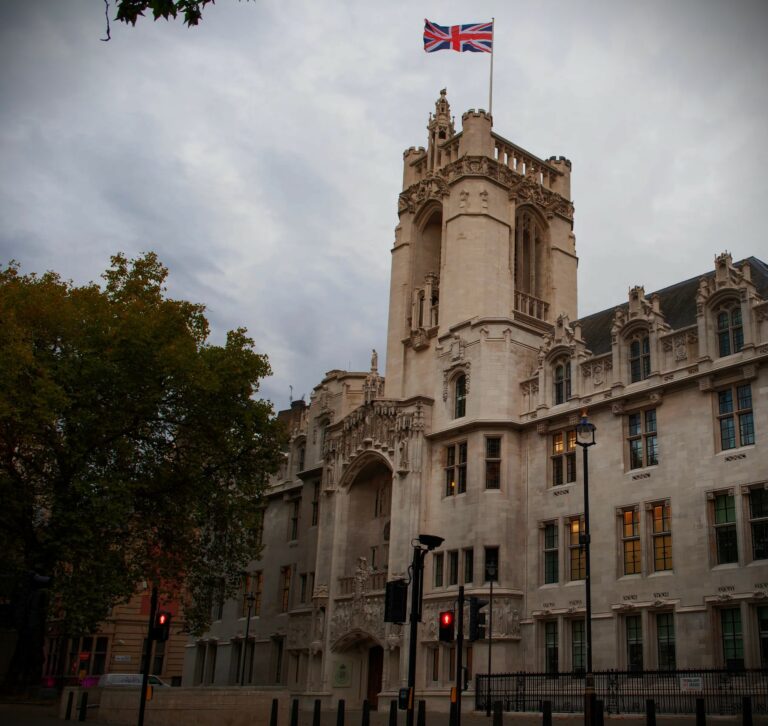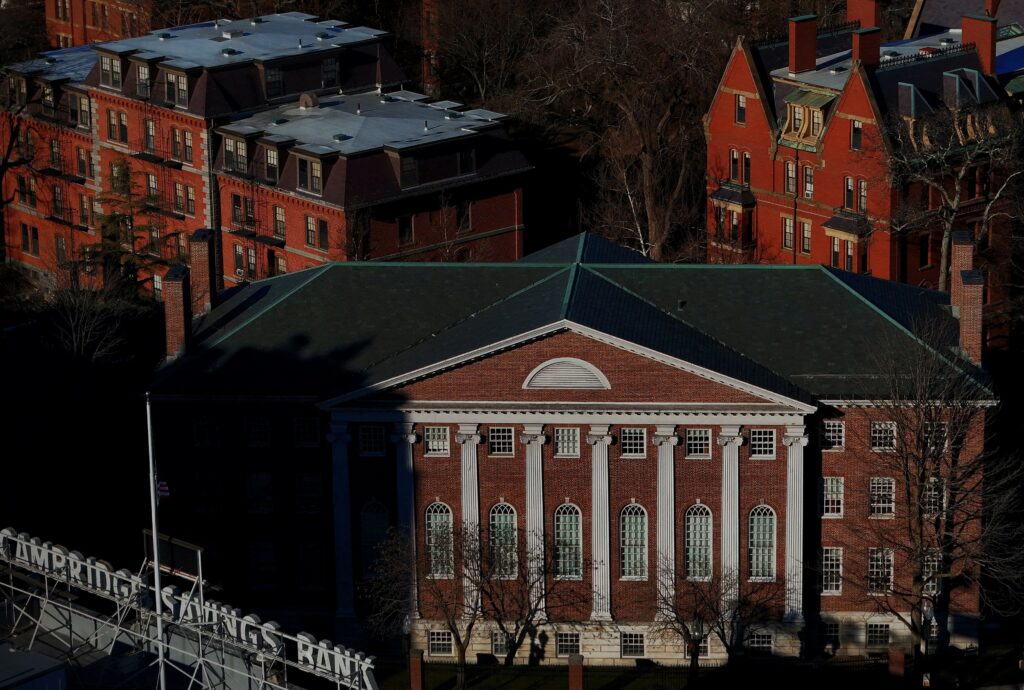
As Spain gears up for the busy Easter holiday season, a fresh wave of anti-tourism protests is spreading across more than 40 cities, reigniting tensions over the effects of mass tourism. Residents in popular destinations such as Majorca, Malaga, Valencia, and the Canary Islands are taking to the streets to voice their frustration over the growing strain that tourism places on their communities. Their concerns range from skyrocketing housing prices to environmental degradation and the erosion of local culture, issues that have been exacerbated by the unregulated expansion of short-term rentals and an influx of visitors.
The Roots of Anti-Tourism Sentiment
The rise of short-term rental platforms like Airbnb has played a significant role in the backlash. As property owners convert residential homes into lucrative vacation rentals, many locals have found themselves priced out of their own neighborhoods. The increase in tourist accommodations has led to higher rent prices and a shortage of affordable housing, particularly in tourist-heavy cities. This has sparked growing resentment among residents, who argue that their communities are being reshaped to cater to visitors rather than the people who live there year-round.
Beyond housing concerns, protesters also highlight the environmental impact of mass tourism. Overcrowded beaches, excessive waste, and strain on local resources—such as water and energy supplies—are major issues in coastal cities and island destinations. In places like the Canary Islands, where drought and water scarcity are pressing concerns, the demand from millions of tourists each year has only intensified the problem. Activists argue that while tourism brings economic benefits, it also leaves behind a trail of environmental damage that local communities are forced to deal with.
Escalation of Protests and Direct Action
In response to these ongoing challenges, activists have taken their protests to a new level. While marches and demonstrations have been common, some groups are now resorting to more disruptive tactics. Reports suggest that protesters have targeted tourist rental properties by vandalizing key boxes used to store rental keys and even supergluing locks to prevent access. The message is clear: locals want stronger regulations on short-term rentals and a shift in priorities that puts residents’ needs above tourism profits.
Government Response and Regulation Efforts
Some local governments are beginning to take action in an attempt to balance tourism and community welfare. Malaga, for example, has recently introduced a ban on new short-term tourist rentals in its most heavily affected areas. This move aims to curb the spread of vacation rentals and preserve housing for locals. Other cities, such as Barcelona and Palma de Mallorca, have previously attempted to limit Airbnb-style rentals, but enforcement remains a challenge, especially with the continued demand for tourist accommodations.
Despite these measures, tensions remain high, and residents are calling for more aggressive policies to protect their communities. Some activists argue that merely capping new rentals is not enough—they want stricter regulations on existing rentals, higher taxes on tourist accommodations, and limits on the number of visitors allowed in certain areas.
The Economic Dilemma
Tourism is a vital pillar of Spain’s economy, contributing around 13% to the country’s GDP and providing jobs for roughly three million people. Many local businesses—from restaurants and hotels to tour operators—depend on the steady stream of visitors that flock to Spain’s sun-soaked beaches, historic cities, and cultural landmarks. However, the growing resentment among residents suggests that the country must find a way to manage tourism more sustainably.
For now, Spain faces a critical dilemma: how to maintain its status as one of the world’s top tourist destinations while ensuring that its citizens do not feel displaced in their own cities. The ongoing protests are a clear sign that without meaningful change, the tensions between locals and tourists will only continue to escalate. As Easter approaches and tourist numbers rise, all eyes will be on how authorities handle the growing unrest and whether Spain can find a solution that satisfies both visitors and residents alike.



